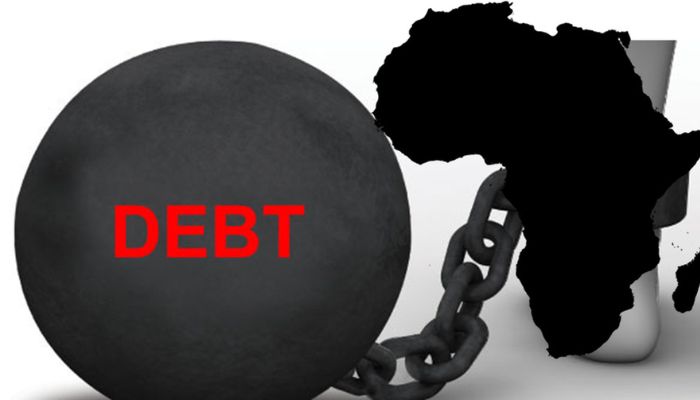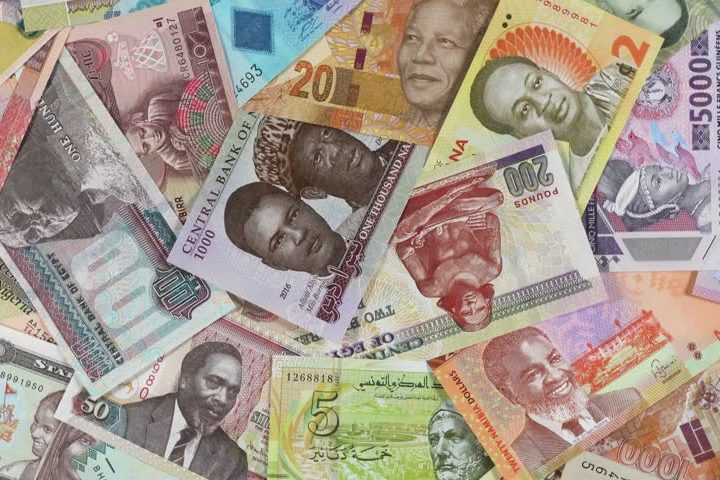The World Bank highlighted disparities in trade costs across African countries compared to the United States.
According to the report, trade expenses in nations like Nigeria and Ethiopia are four to five times greater than those in the US. The reasons cited include insecurity, high transportation costs, challenging terrain, and inadequate road infrastructure.
Join our WhatsApp Channel“The situation poses serious challenges for businesses and farmers,” remarked a World Bank spokesperson. “Poor connectivity and market integration mean that markets remain fragmented, enabling dominant players to wield considerable influence and contributing to income inequality.”
The report indicated that these disparities lead African producers to prioritize local sales over exports. Moreover, labor markets suffer from friction due to inflated transport costs, expensive worker screening procedures, and insufficient information about job opportunities.
State intervention in markets was another focus of the report. It highlighted how government regulations often create barriers to trade competition and investment. This interference tends to favor large corporations, allowing them to set prices above market rates, disadvantaging consumers, small businesses, and workers.
READ ALSO: Nigeria’s Inflation Expected To Drop To 15.1% In 2026, Says World Bank
“Barriers to competition are particularly pronounced in African countries due to extensive state involvement, legal hurdles for entrepreneurs, and obstacles to trade and investment,” the report stated. Such restrictive market environments not only stifle innovation but also impede economic growth in these regions.
The World Bank’s analysis underscores the urgent need for reforms to enhance market integration, improve infrastructure, and reduce trade barriers across Africa. Addressing these issues could unlock significant potential for economic development and reduce the glaring disparities in trade costs compared to more developed economies like the United States.
Emmanuel Ochayi is a journalist. He is a graduate of the University of Lagos, School of first choice and the nations pride. Emmanuel is keen on exploring writing angles in different areas, including Business, climate change, politics, Education, and others.
- Emmanuel Ochayihttps://www.primebusiness.africa/author/ochayi/
- Emmanuel Ochayihttps://www.primebusiness.africa/author/ochayi/
- Emmanuel Ochayihttps://www.primebusiness.africa/author/ochayi/
- Emmanuel Ochayihttps://www.primebusiness.africa/author/ochayi/



















Follow Us